One almost has to admire the audacity with which the Muhammad Yunus government has attempted to pass off its latest theatre as a judicial verdict. The death sentence handed to the former Prime Minister Sheikh Hasina by the International Crimes Tribunal (ICT)—a domestic tribunal in Bangladesh—has all the hallmarks of a hurried political screenplay rather than a ruling rooted in law.
It is the kind of spectacle that assumes the public will politely suspend disbelief, even as every detail betrays its manufactured nature. If this is what passes for due process under the current dispensation in Bangladesh, one shudders to imagine the quality of governance that follows from such creative reinterpretations of justice.
During the “student” protests that led to the ouster of the Awami League leader, Muhammad Yunus was branded as the Nobel laureate academic poised to set Bangladesh on the road to democratic freedoms never seen before; however, what followed suit was embarrassing to even witness. Bangladesh is still waiting to see stability ever since the agenda-driven, foreign-fuelled protests sowed chaos into the political zeitgeist of the country.
Right after assuming power, the Yunus government wasted no time in revealing what it was made of. Within days, the talk of “restoring democracy” gave way to a far more familiar script: journalists suddenly found themselves on notice, critical voices were conveniently muted, and protests were treated less as civic expression and more as a problem to be cleared off the streets. It’s almost remarkable how quickly idealism can turn into intolerance when a new regime realises that dissent isn’t as flattering as applause.
The ICT found Sheikh Hasina guilty of crimes against humanity, ruling that she had ordered killings, incited violence, and had failed to prevent the atrocities committed during the July and August 2024 protests; however, the fact that this façade of a death sentence is politically motivated cannot be concealed by the fancy vocabulary of “tribunals” and “rulings”.
Quick Reads
View AllAwami League leader Mohibul Hasan Chowdhury, a close aide of Hasina who served as a minister in her regime, was reported as saying, “We were not allowed to appoint our chosen lawyers there. They had classed us as fugitives. And some of the senior lawyers in Dhaka wanted to fight for our leader, Sheikh Hasina, [but] they were all denied. They were not allowed to go to court. So, a trial had taken place where no representation was made on our behalf.”
One does not need to be a Nobel laureate to understand that this is a complete mockery of the judicial process, and hence the verdict holds no more importance than a political statement filled with vendetta.
Although Sheikh Hasina has the option to pursue legal recourse against the verdict and appeal directly to the Appellate Division of the Supreme Court of Bangladesh through an authorised counsel, whether that alternative is chosen remains to be seen. It would be an uphill task to trust the judicial process in this regard again, given the theatrical nature of the aforesaid verdict. The one silver lining in this entire spectacle is that even if Bangladesh decides to dramatically renew its push to extradite Hasina, New Delhi is under no obligation to play along.
The 2013 India–Bangladesh Extradition Treaty, rather sensibly, allows India to refuse any request tainted by political motives, a clause that now feels almost prophetic. Article 6 makes it explicit, and Article 8 goes further, permitting refusal if the extradition would be “unjust or oppressive”, which, given the circumstances, is putting it mildly. In other words, India is perfectly entitled to say no, especially when the charges look less like justice and more like a political vendetta.
For all its lofty talk about “resetting” democracy, the Yunus government has treated actual elections like an inconvenient afterthought. Since taking charge in August 2024, it has inched the goalposts for conducting the elections to early 2026, and when the date finally appears on the horizon, it comes with a neat catch: the Awami League, the country’s oldest and electorally dominant party, will not be allowed to contest at all.
The ban, imposed under the Anti-Terrorism Act and followed by the suspension of its registration, has shut its offices, frozen its organisational life, and has now conveniently cleared it off the ballot. Rights groups and Awami leaders point out that more than 11,000 people have been arrested under “Operation Devil Hunt”, and thousands of party workers and supporters are either in jail or on the run, even as over 1,400 deaths from the 2024 unrest hang over a trial many see as politically loaded.
The interim regime still insists it is preparing a free and fair election, but an exercise scheduled after nearly 18 months in power, with one major party banned and its chief facing a death sentence in absentia, looks less like a democratic transition and more like a carefully choreographed regime change dressed up for international consumption.
The optics have hardly helped the Yunus administration. In the past two months alone, senior military officials from Bangladesh and Pakistan have held a string of conspicuously cordial meetings, an unusual level of warmth given the historical baggage between the two countries. Against this backdrop, Sajeeb Wajed Joy, Sheikh Hasina’s son, has publicly accused the interim government of entertaining links with Pakistan-based extremist outfits such as Lashkar-e-Taiba and Jaish-e-Mohammad, even alleging that Pakistani clerics, ISI operatives, and military personnel were being quietly courted. These are serious charges, of course, but in a political climate already thick with distrust, the government’s silence and the timing of these engagements have only deepened suspicions that something far more troubling is unfolding behind the polite press statements and photo ops.
Moreover, Muhammad Yunus, freshly in power, presented a lavish book to Pakistan’s General Sahir Shamshad Mirza, and the book’s cover appears to show India’s Northeast as part of Bangladesh. Bangladesh’s Chief Adviser’s Office later denied that the image was a strategic “map”, calling it “completely false and imaginary”. Whether it was intentional or just careless art, the message is unmistakable: a thinly veiled territorial claim wrapped up in a diplomatic gift. And when you add in the statement from a Bangladesh police commissioner warning of “war with India” beside such gestures, the whole affair starts looking less like thoughtful statecraft and more like calculated provocation.
Apart from souring relations with India, the Yunus administration also seems intent on airbrushing Sheikh Mujibur Rahman out of Bangladesh’s political memory: quietly removing his portraits, sidelining his contributions, and diluting the symbolic pillars that held the republic together.
And then came that astonishing interview with Mehdi Hasan, where Yunus first flatly denied attacks on Hindus and then, in the same breath, suggested that victims should simply “identify as Bangladeshis” rather than tell their attackers they are Hindu, as if the problem were the identity of the persecuted, not the prejudice of the perpetrators. It was an argument so tone-deaf that it inadvertently lent weight to Shahidul Islam Chowdhury’s warning that the interim regime is nudging Bangladesh towards internal rupture.
When a government begins erasing its founding figure and lecturing minorities on how to survive mob violence, the fear of a deeper, more dangerous fracture stops sounding alarmist and starts sounding uncomfortably plausible.
Through all of this, one fact remains unchanged: India has been a steadfast friend of the people of Bangladesh since the very hour of the nation’s birth. That relationship was built not on opportunism but on shared sacrifice, shared security, and a shared commitment to stability in the Bay of Bengal. Which is precisely why the Yunus administration’s efforts to pit Bangladeshis against one another — and to stoke suspicion towards India — are so dangerously short-sighted.
Instigating internal rifts while manufacturing external hostility may offer a government temporary political cover, but it does nothing for the long-term peace, prosperity, or dignity of Bangladesh. And in a region where every shockwave crosses borders, such political gamesmanship threatens not just Dhaka’s stability but the wider neighbourhood that has always wished Bangladesh well.
(The writer takes special interest in history, culture and geopolitics. The views expressed in the above piece are personal and solely those of the author. They do not necessarily reflect Firstpost’s views.)


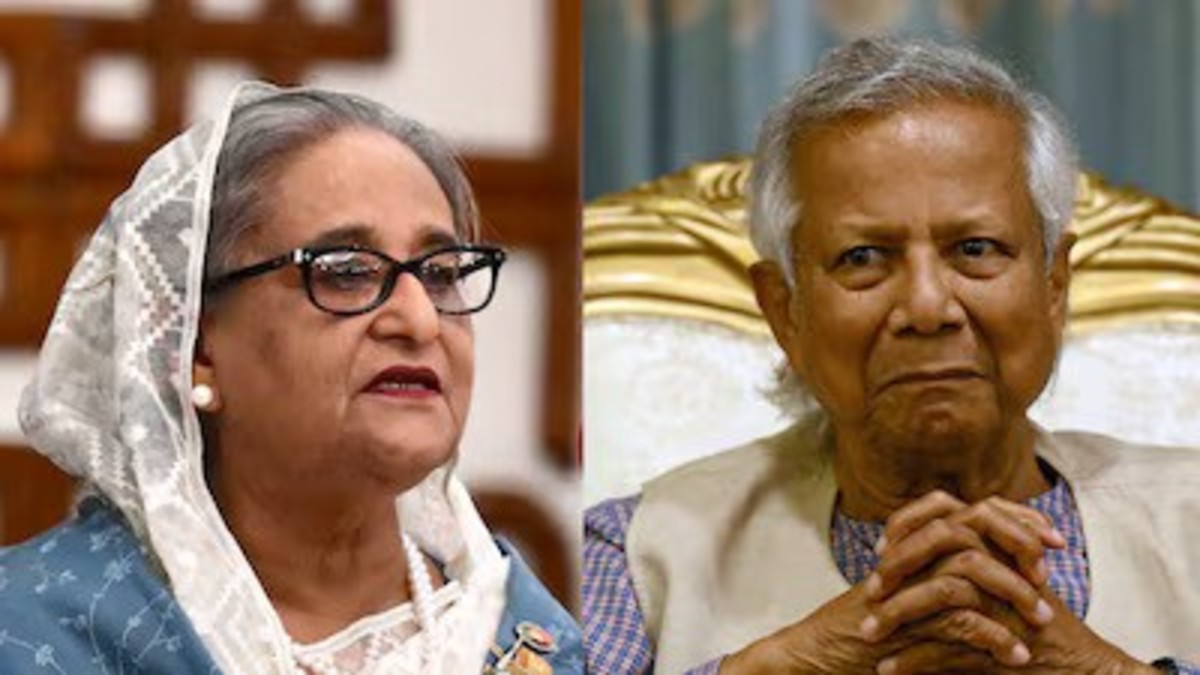)
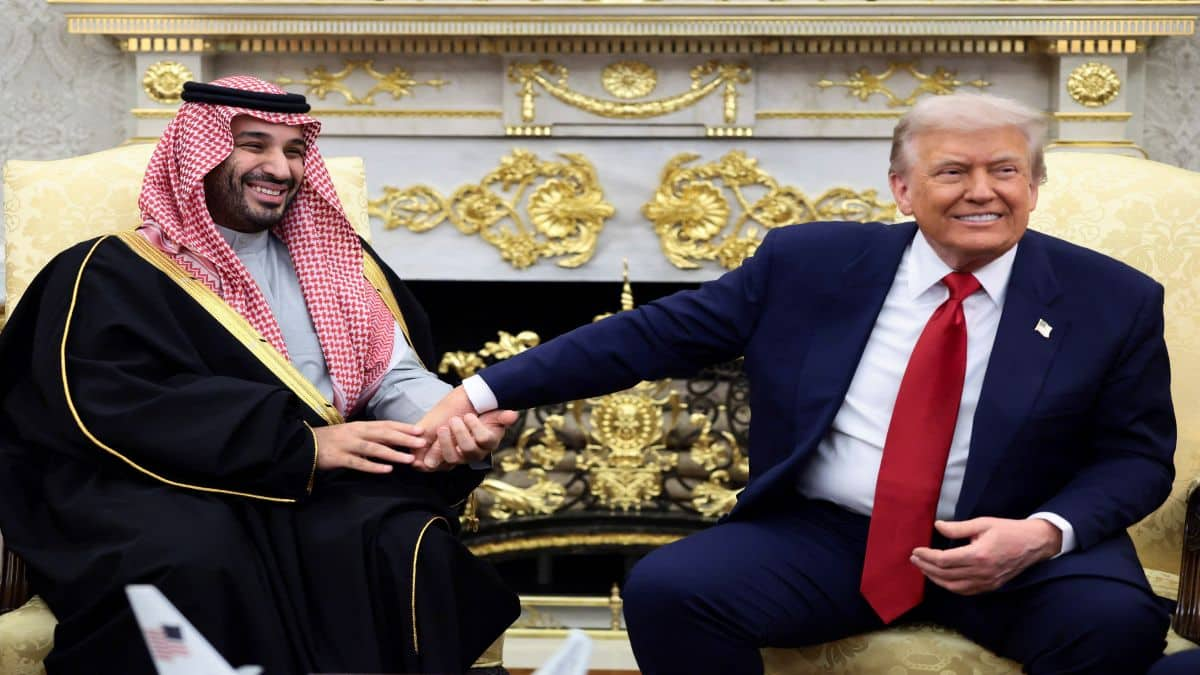
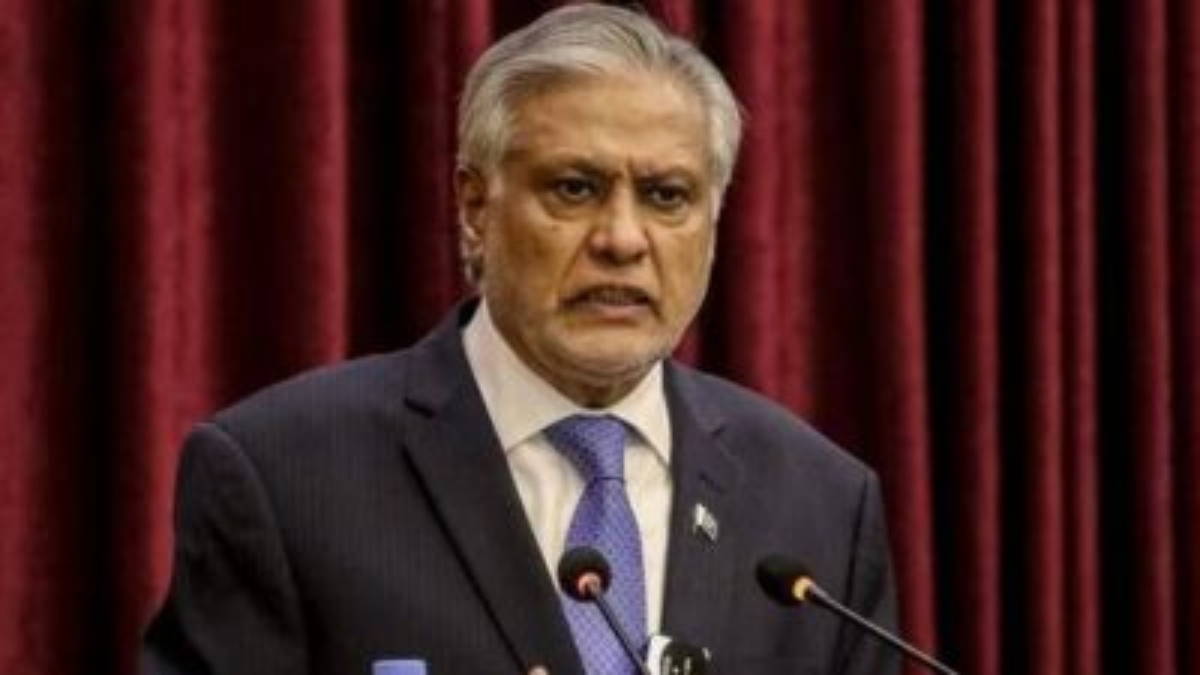)
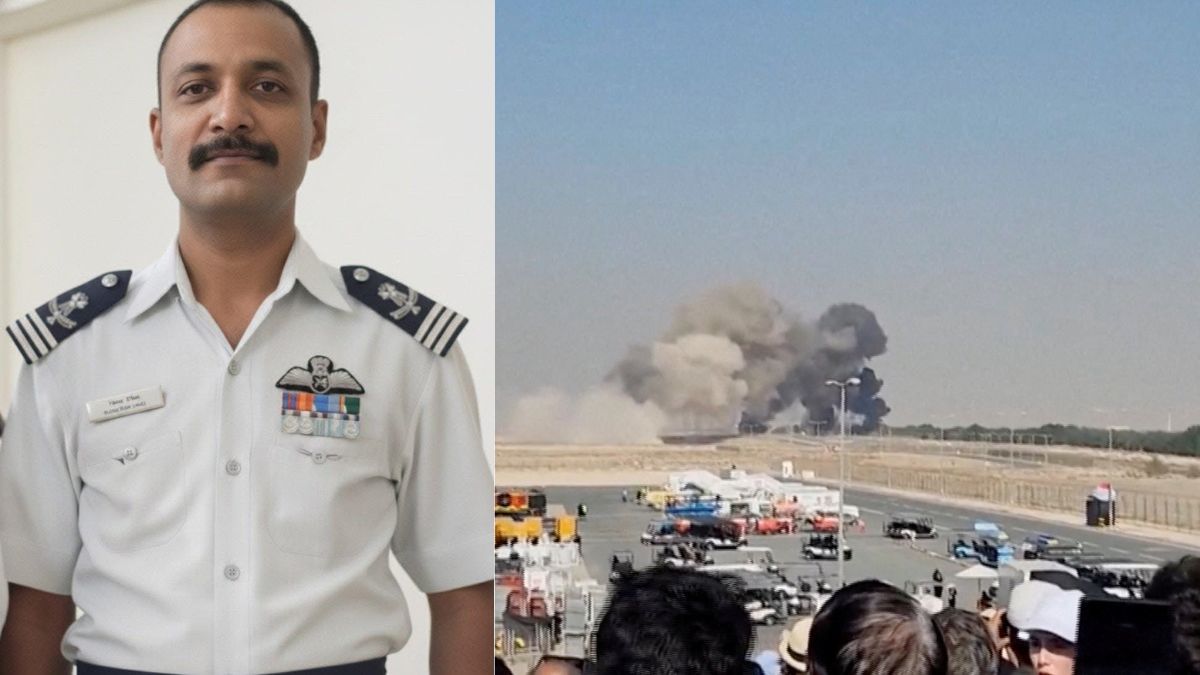)
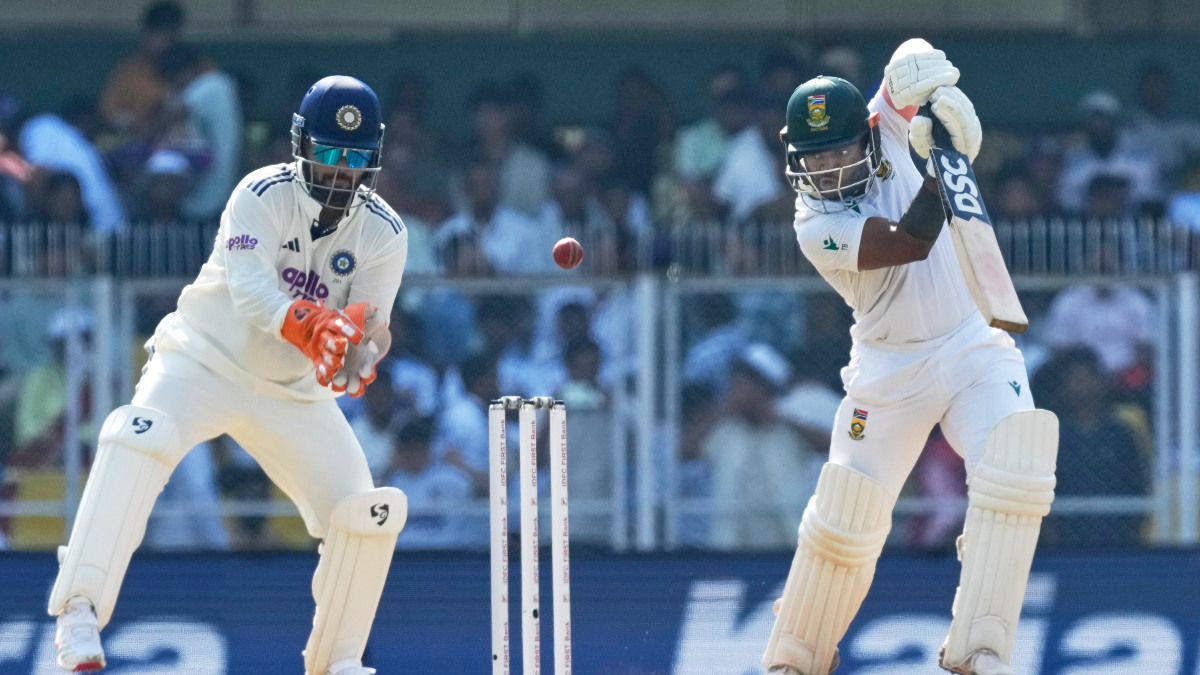)
)
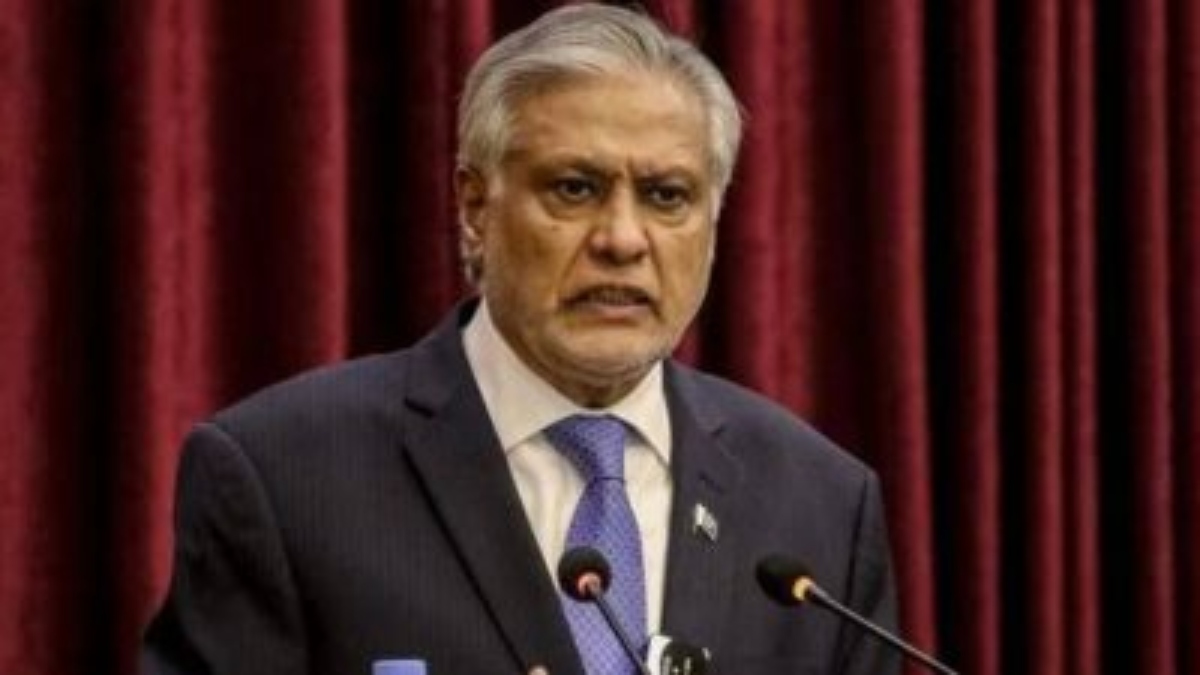)
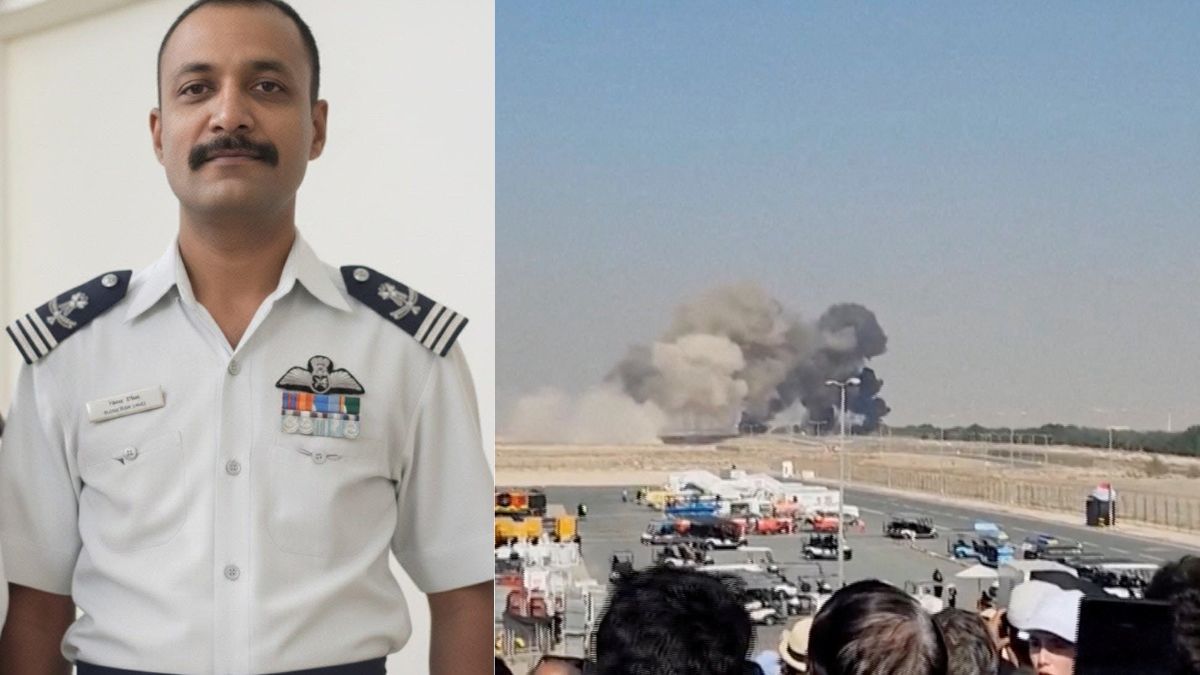)
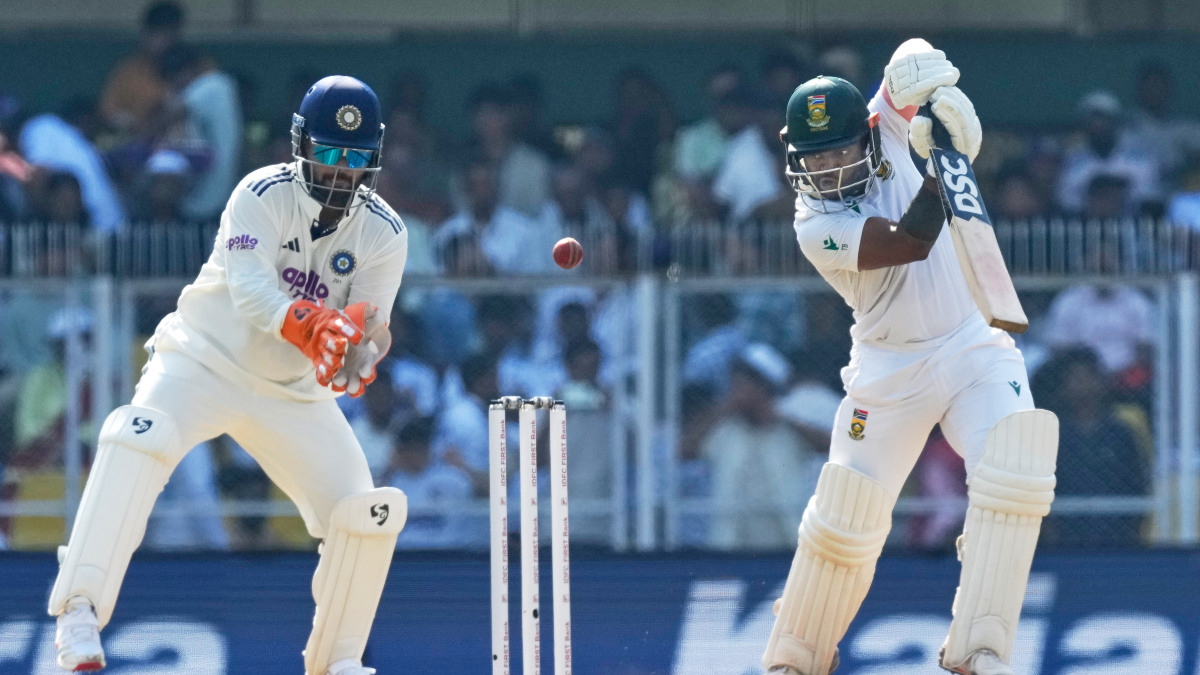)
)



